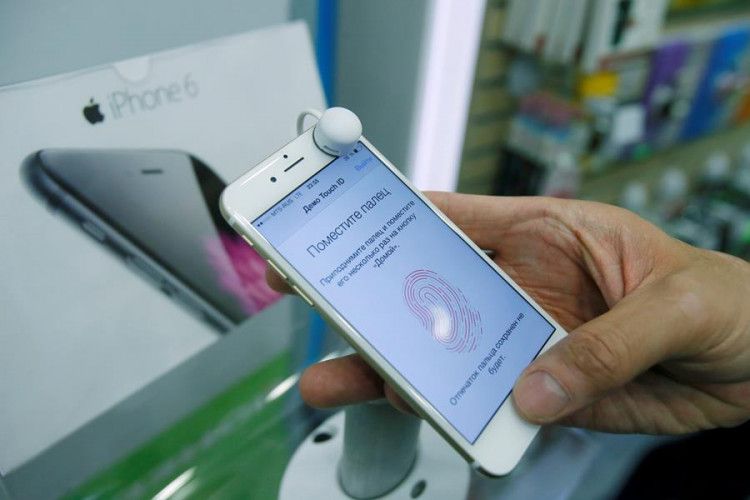Apple Inc. reached a $113 million settlement with 34 state attorneys general who accused the technology company of concealing battery problems in its iPhones and intentionally suppressing performance using a 2016 software update.
"Batterygate" affected millions of users when iPhone 6, 7 and SE versions were throttled using an old operating system. Apple refused to comment. However, the company has previously said the units were slowed to preserve aging battery life.
According to Arizona Attorney General Mark Brnovich, Big Tech must stop "manipulating consumers and tell them the whole truth about their practices and products," Engadget quoted Brnovich as saying in a statement. He is determined to hold "these Goliath technology companies" liable if they hide the truth from consumers.
Based on the settlement, Apple did not admit any wrongdoing. It acknowledged its update cut power demands after engineers found unusual slowdowns in 2017. Apple made a public apology and trimmed prices on battery replacements.
In early 2018, it confirmed it had been deliberately slowing the speeds of some older smartphones to prevent unexpected shutdowns and battery-linked glitches.
Apple offered system upgrades to prolong the life of many of the handsets in question following complaints from consumers. The issue prompted regulators to launch an investigation that saw state attorneys general file lawsuits.
The latest settlement includes $5 million to Arizona, $24.5 million to the company's home state of California and $7.6 million to Texas. This settlement is separate from the one Apple reached in March to compensate affected iPhone owners up to $500 million in a class-action lawsuit.
Apple also reached a settlement with France's consumer monitoring group to pay 25 million euros ($27.5 million) in a similar case in March.
Apple said it had agreed to give "truthful information" about iPhone power management for the next three years across its website, software update and device settings.





